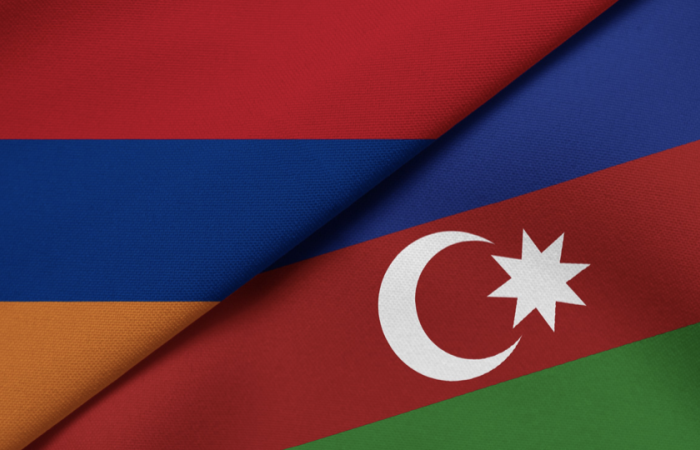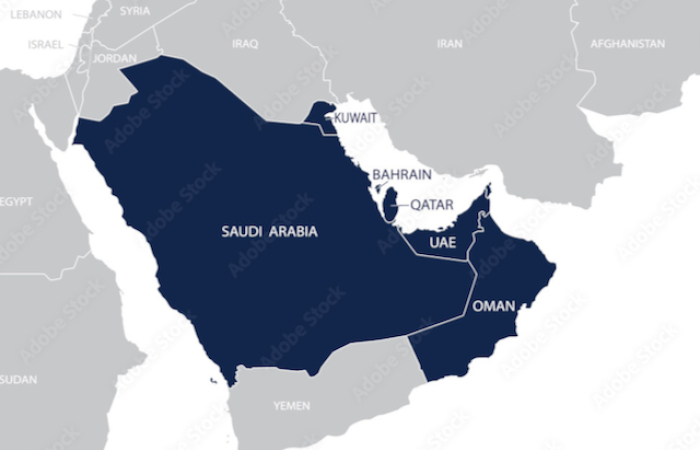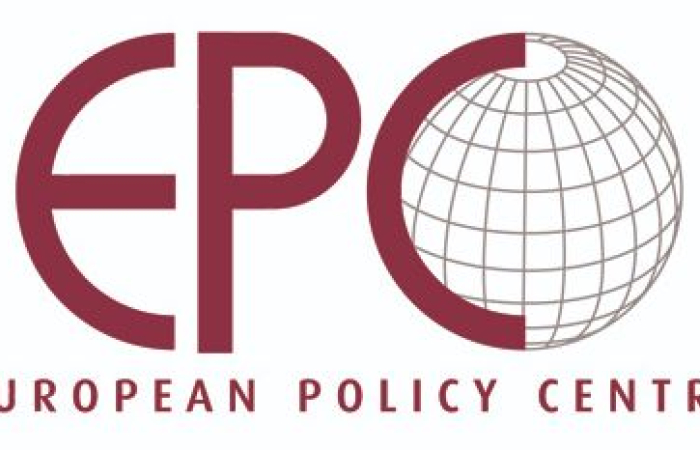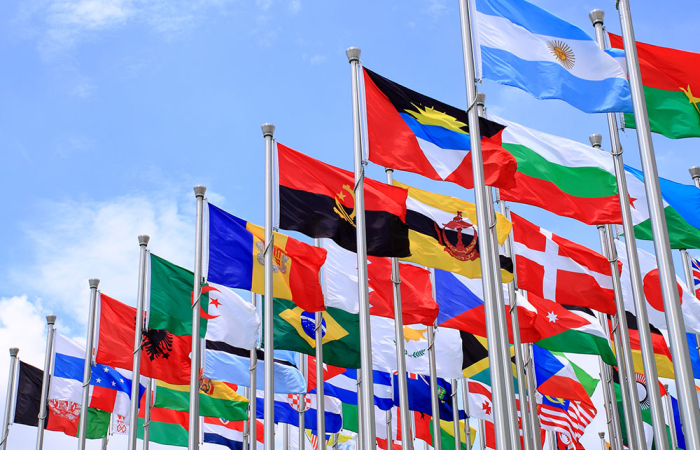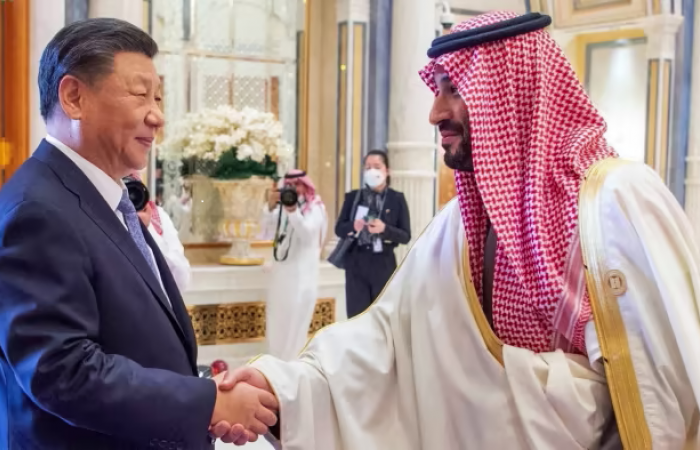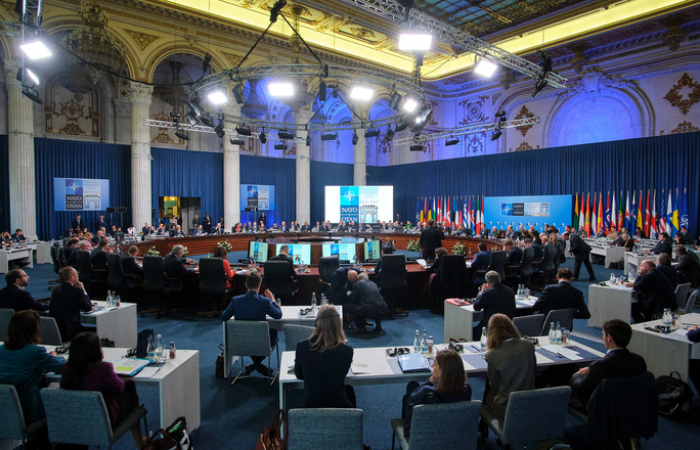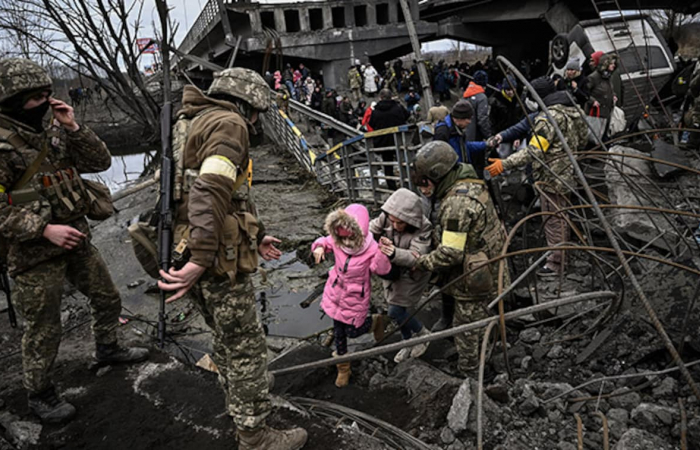Trending
Commentary: The four Cs that will characterise Armenia-Azerbaijan relations for the next decade
18 January 2024
Armenia and Azerbaijan have practically been in a state of war with each other ever since they emerged as independent countries following the dissolution of the USSR in 1991. Over the last three years they have been negotiating, sometimes with the help of others, sometimes on their own, to end the cycle of violence and usher in a new era of peace. So far they have failed to agree on the text of a peace agreement, but it is likely that eventually they will, possibly quite soon. However, even in the absence of a formal peace agreement Armenia-Azerbaijan relations are changing, and will continue to change to become much more nuanced than has been the case so far. A relationship that has so far been based on confrontation and containment is making way for one based on contact and co-operation. The process is unlikely to be very quick, or simple and easy. At least for another decade Armenia-Azerbaijan relations will continue to be a mix of all four elements: confrontation, containment, contact and co-operation. Managing this mix will be the challenge facing the leadership in the two countries. The international community must be ready to support this process tangibly and speedily.



